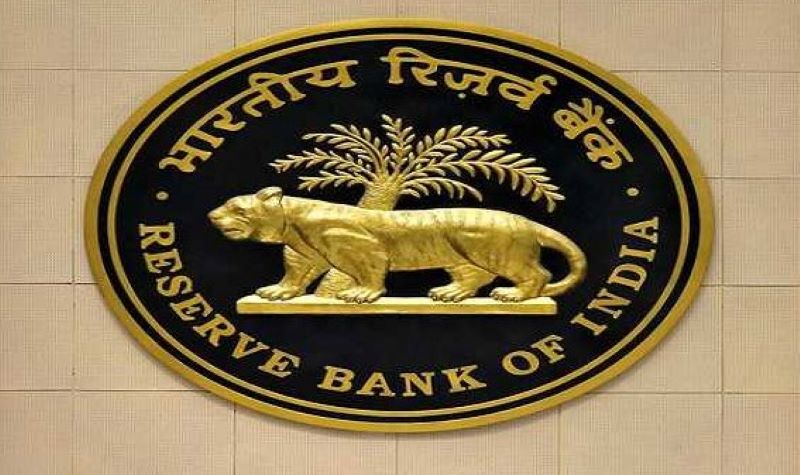
Mumbai: The Reserve Bank of India (RBI) Tuesday conducted a review of the guidelines, eligibility criteria, and board oversight related to the declaration of dividends by banks.
The guidelines have been reviewed in consideration of the implementation of Basel III standards, the revision of the prompt corrective action (PCA) framework, and the introduction of differentiated banks, the RBI said.
The new guidelines, as per RBI, shall be effective for the declaration of dividends for the FY 2024-25 and onwards.
In its recent release, the apex bank has instructed banks to take into account any differences in classification and provisioning for Non-Performing Assets (NPAs), along with their trends, as identified in the supervisory findings of the Reserve Bank or National Bank for Agriculture, when evaluating proposals for the declaration of dividends or remittance of profits.
The banks must also give due consideration to the auditors' findings and Emphasis of Matter in the Audit report before declaring their dividends.
In order to declare dividends, banks must comply with the following criteria:
The RBI said that the bank must have fulfilled the relevant regulatory capital requirement for each of the past three financial years, including the financial year for which the dividend is proposed.
Regarding the Non-Performing Assets (NPA) parameter, the Central bank has specified that the net NPA ratio should be below six per cent for the financial year for which the dividend is being considered.
Under the new guidelines, eligible banks are allowed to pay dividends, with the condition that the proposed amount should include dividends on equity shares only.
The Reserve Bank has recommended an increase in the dividend payout ratio ceiling to 50 percent in cases where the net NPA is zero, deviating from the previous cap of 40 percent.
The dividend payout ratio is defined as the ratio of the dividend amount payable in a year to the net profit.
Moreover, if the net profit for the relevant period incorporates exceptional and/or extraordinary profits/income, or if the financial statements receive a qualification (including 'emphasis of matter') from the statutory auditor indicating an overstatement of net profit, the RBI has stipulated that such amounts must be subtracted from the net profit when calculating the Dividend Payout Ratio.
Currently, all scheduled commercial banks (excluding regional rural banks) announce dividends based on guidelines introduced on May 4, 2005.
In contrast, the remittance of profit by foreign banks operating in India is carried out in accordance with the circular issued on November 6, 2003.
Support Our Journalism
We cannot do without you.. your contribution supports unbiased journalism
IBNS is not driven by any ism- not wokeism, not racism, not skewed secularism, not hyper right-wing or left liberal ideals, nor by any hardline religious beliefs or hyper nationalism. We want to serve you good old objective news, as they are. We do not judge or preach. We let people decide for themselves. We only try to present factual and well-sourced news.







